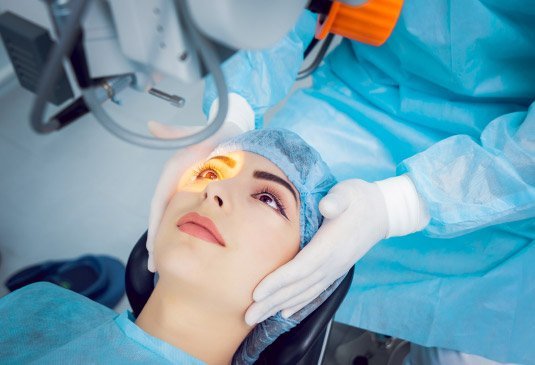
All You Need To Know About Cataract
Cataract refers to the condition of the eye in which the lens of the eye becomes damaged and cloudy resulting in blurred vision. It may affect one or both eyes. Cataract surgery is aimed at removing the cloudy lens in the eye and replacing it with an artificial lens, or intraocular lens in an attempt to restore clear vision. It is one of the most frequently carried out and successful surgeries across the globe. The success rate is more than 98%. This surgery is an outpatient procedure i.e. patients are free to go home after surgery.
Certain conditions that may lead to the need for this surgery are age-related macular degeneration, diabetic eye problems, and other common eye conditions.
How much does a Cataract surgery cost in India?
The average cost of cataract surgery in India is usually between Rs. 15,000 to Rs. 1,00,000. However, the prices may vary depending upon the hospitals in different cities.
What is the average cost of Cataract surgery in Hyderabad?
The average cost of cataract surgery in Hyderabad is Rs.34000. Yet, it depends upon multiple factors.




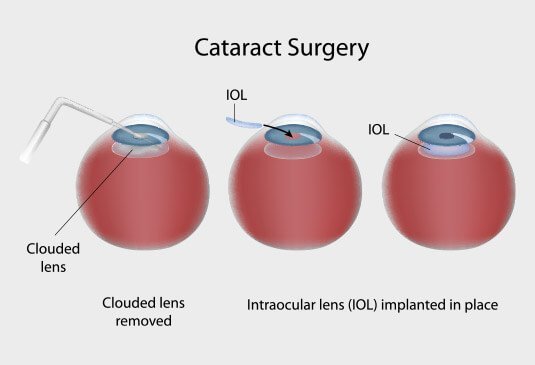
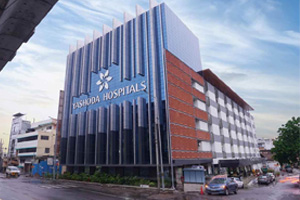
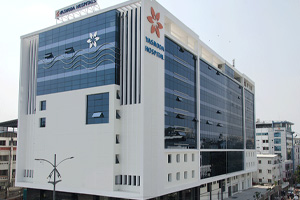
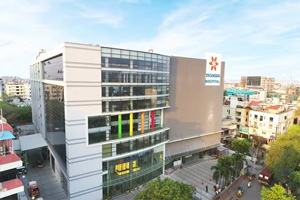
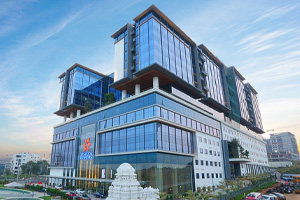
 Appointment
Appointment WhatsApp
WhatsApp Call
Call More
More

